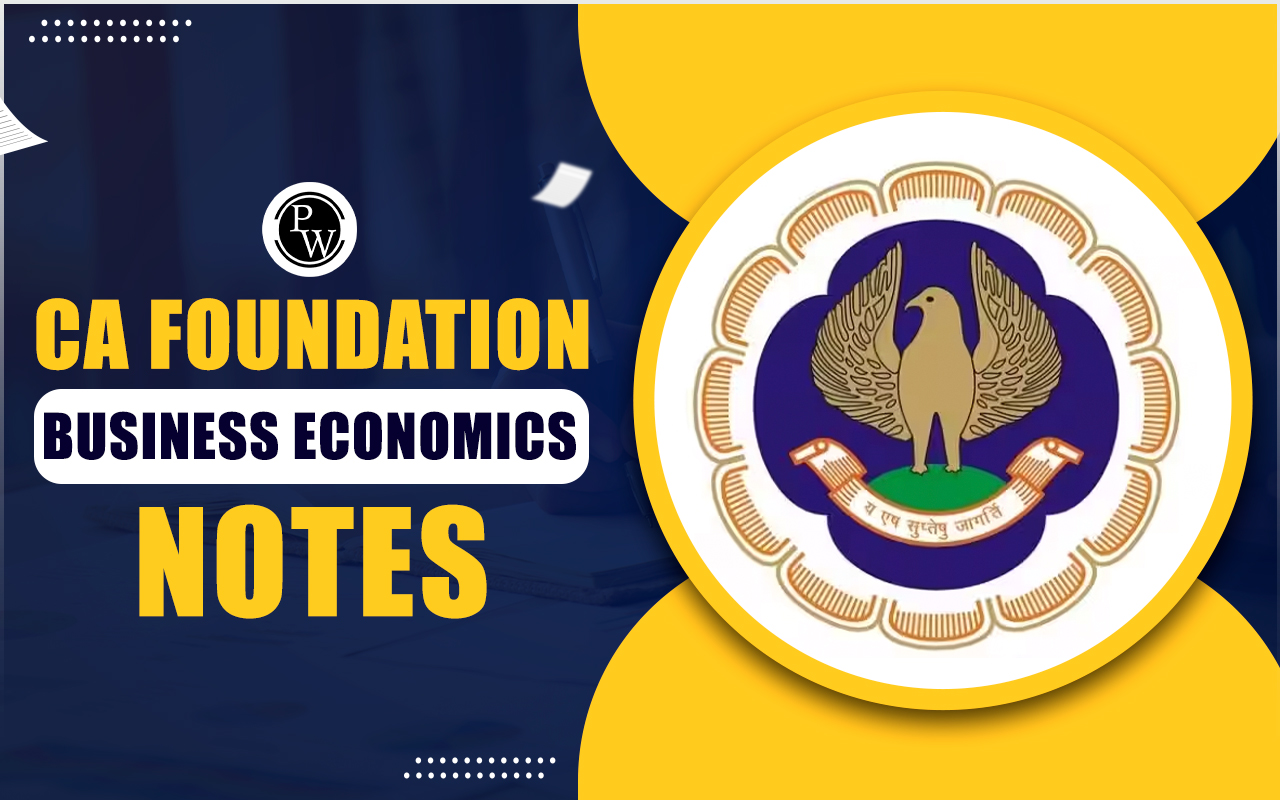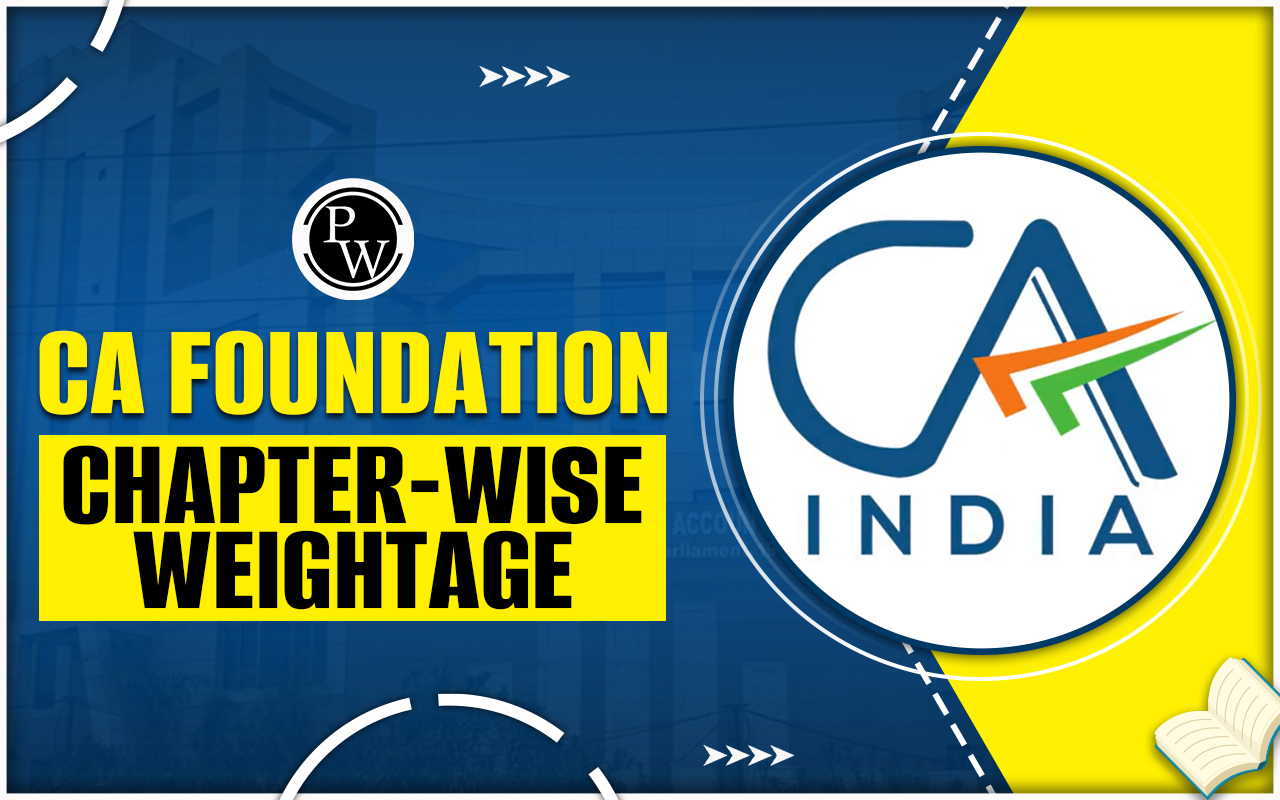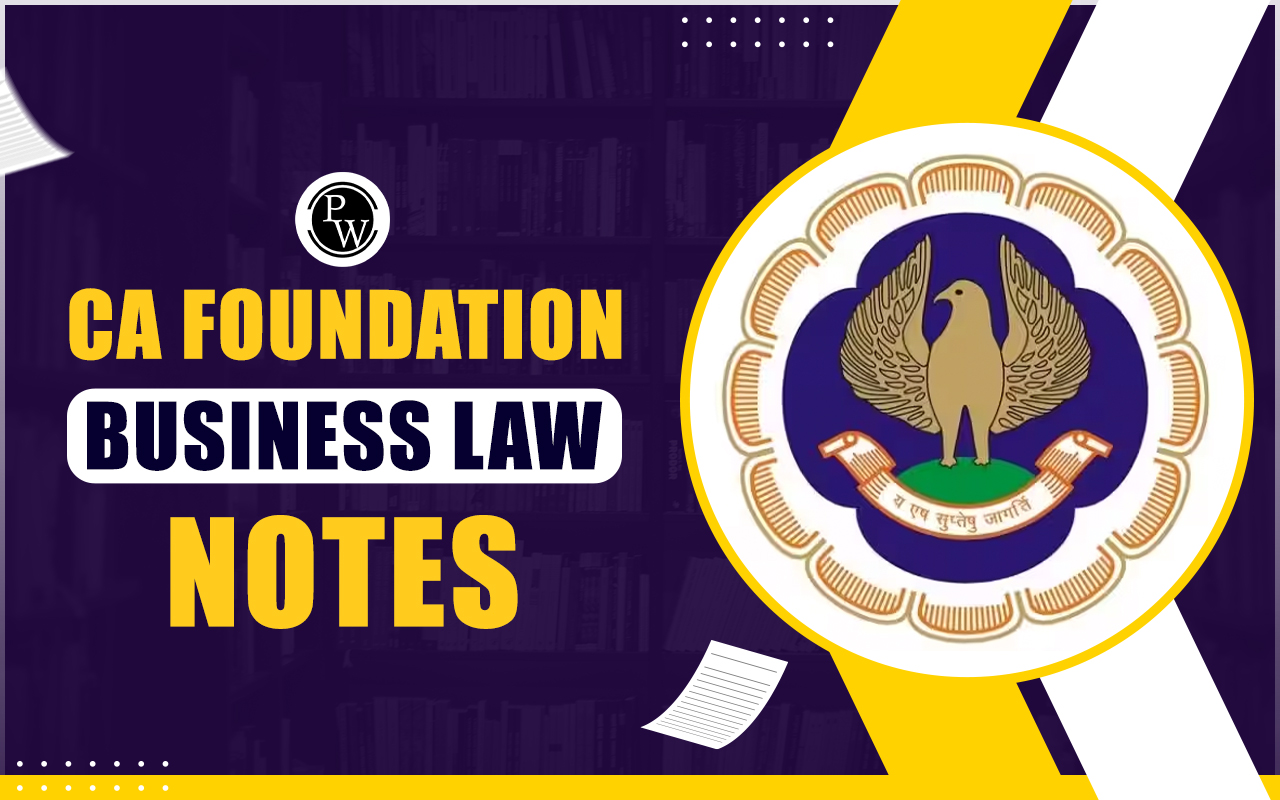
Ethics in accounting covers a wide range of practices that ensure ethical behavior in financial activities. It's not just about being honest in financial reporting or avoiding fraud. Ethical accounting practices build a company's reputation for integrity. Promoting ethics in financial management fosters trust, transparency in financial statements, better employee morale, and long-term financial success.
Read this article to learn more about ethics in accounting for CA Exams .What is Ethics in Accounting?
Ethics in accounting represents the core principles and values that guide the actions of professionals in the accounting field. It revolves around making principled choices, upholding transparency, and showcasing a commitment to maintaining integrity. Ethical behavior remains pivotal in the accounting landscape as it fosters credibility, cultivates enduring sustainability, and establishes a foundation of trust in financial practices and reporting.Why Is Ethics Important in Accounting?
Ethics is crucial in accounting because it stops harmful financial practices that can damage businesses. Adhering to ethical guidelines promotes both short-term success and long-term growth, builds consumer trust, and meets stakeholders' expectations. Additionally, ethical practices create a positive work environment, boosting employee satisfaction. The following are the benefits of ethics in accounting:Reducing Legal Risks and Ensuring Compliance
Ethics in accounting practices help prevent legal issues and ensure compliance with regulations. By following ethical standards, accountants can stick to legal requirements and industry guidelines. Accurate record-keeping, standardized procedures, and transparency reduce the chances of legal problems, promoting a culture of responsible financial management.Building Trust and Financial Integrity
Ethics in accounting are crucial for maintaining financial integrity and trust. Accountants ensure the accuracy and reliability of financial statements by adhering to principles like honesty, objectivity, and transparency. This builds trust among investors and stakeholders, who rely on these reports for decision-making. Upholding ethical standards enhances the credibility of financial information and strengthens market confidence.Preventing Fraud and Unethical Behavior
Ethical accounting deters fraud and unethical practices. Accountants who prioritize ethics are less likely to commit fraud, such as embezzlement or data manipulation. A commitment to honesty and integrity protects the company, shareholders, and stakeholders from financial misconduct.Improving Corporate Reputation
Ethics in accounting practices enhance a company's reputation. Organizations committed to ethics are viewed as trustworthy and responsible by stakeholders, clients, and the public. Consistently following ethical standards boosts brand value and fosters long-term relationships.Promoting Long-term Sustainability
Ethical accounting is key to long-term business sustainability. Following ethical standards ensures effective resource management, financial stability, and sustainable business operations. This commitment supports the long-term viability of the organization.| Also Check: | |
| Management Accounting | Financial Accounting |
| Auditing and Assurance | Taxation |
| Financial Management | Business Laws and Ethics |
| Social Accounting | Environmental Accounting |
Principles of Ethics for Accountants
Understanding the significance of ethics in accounting and the pivotal role accountants play in managing financial information and making impactful decisions affecting individuals, organizations, and society at large is crucial. Ethical principles in accounting serve as guiding beacons to ensure the integrity and trustworthiness of the profession. Here are six fundamental principles every accountant should grasp:Integrity : Integrity forms the bedrock of ethical accounting practices. Accountants must be honest, truthful, and transparent in all their professional actions, adhering to the highest ethical standards even in challenging situations. This commitment to integrity fosters trust with clients, colleagues, and the public.
Objectivity : Objectivity is crucial for providing unbiased financial information. Accountants must make professional judgments based on facts, free from personal interests or external pressures. Avoiding conflicts of interest is essential to maintain their impartiality.
Professional Competence : Accountants need to have the necessary knowledge, skills, and expertise to perform their duties effectively. Continuous learning is vital to keep up with evolving accounting standards and regulations. By staying competent, accountants ensure they deliver accurate and reliable financial information.
Confidentiality : Confidentiality protects the privacy of sensitive financial information. Accountants must safeguard client data and only disclose it with proper authorization. This principle is key to building trust and maintaining strong professional relationships with clients.
Professional Behavior : Accountants should act in ways that uphold the profession's dignity and reputation. This means avoiding activities that could tarnish the profession’s image, being respectful and courteous, and maintaining professional boundaries with clients and colleagues.
Professional Skepticism : Professional skepticism involves critically evaluating financial information to detect potential errors, fraud, or misstatements. By questioning and examining records thoroughly, accountants ensure the accuracy and reliability of financial reports, thereby safeguarding stakeholder interests.
Enroll in our PW CA Courses today and master ethical financial practices. Join now to gain the expertise and credibility you need for success!| Also Check | |
| Activity-Based Costing (ABC) | Lean Accounting |
| Equity Capital Markets | Direct Tax |
| Business Valuation | Transfer Pricing |
Ethics in Accounting FAQs
What are the core principles of ethics in accounting?
Why is integrity important in accounting?
How does ethical behavior in accounting prevent fraud?
What role does professional skepticism play in accounting ethics?
How can organizations improve ethics in accounting?










